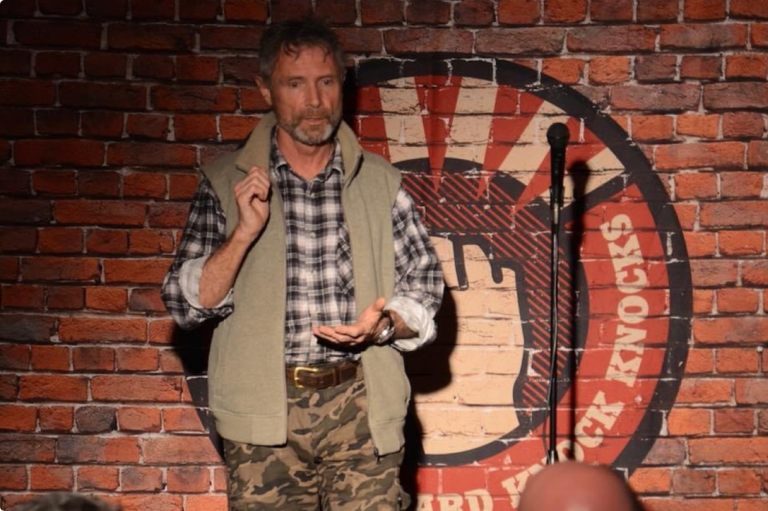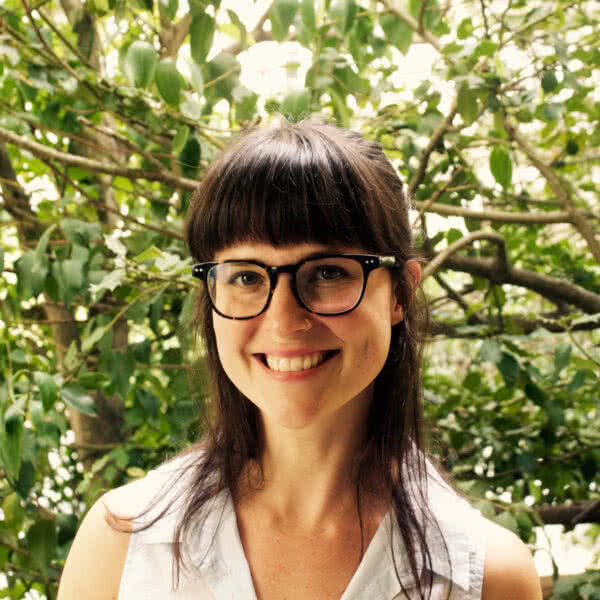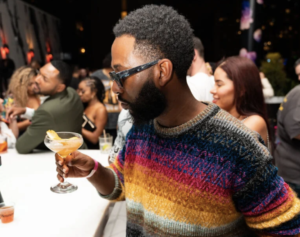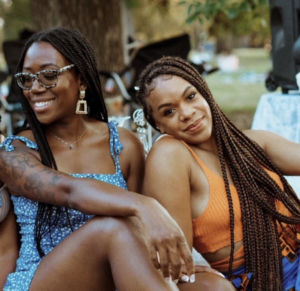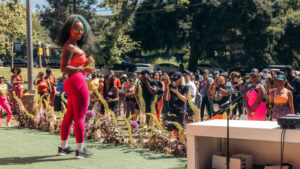Many people probably find the prospect of performing stand-up comedy absolutely, stomach-meltingly petrifying. The need for social acceptance is one of our most basic human instincts, and as a comic, if your jokes fall flat and you start to falter, there’s no safety net.
“There’s a reason comedians talk about ‘dying’ on stage”, says Morry Morgan, creator of the Hard Knock Knocks Comedy School. But with low lows come high highs. And mastering the art of stand-up? There’s no feeling quite like it.
The set-up
There are three kinds of people who take stand-up comedy courses, Morry says: “up-and-coming comedians, keynote speakers, and bucket-list tickers”. He was in the second group when this whole journey began.
“I did a stand-up comedy course to help me with my keynote speeches,” he says, “and because at that point I’d been in the business of training for about 14 years, I realised in just how many areas it could be improved.”
So, in 2015, he researched and built his own comedy school. The business model was simple and low risk: they would run three courses in the first year from the backroom of a pub, and sell tickets through Eventbrite (“because it was the fastest way to get started”).
“I built a basic website, but I didn’t want to invest in a ticketing platform at the time because I was kind of experimenting to see if the business had legs,” Morry says. “… And it just grew.”
In the school’s second year, they doubled the number of courses, and by the third, they had branched out to Wagga Wagga, Adelaide, Sydney, and Geelong.
The Rubber Chicken rises
By the time 2020 rolled around, Morry was “aiming for about 30-36 stand-up comedy courses per year, which made it a very lucrative business model”. Of course, you know what happened next.
“It all came crashing down,” Morry says, “and then we just sort of started from scratch.”
Customer limits meant pubs could no longer afford to host Hard Knock Knocks events, so their “business model was, essentially, dead”. Then, Morry clapped eyes on an empty pub in South Melbourne – and, like a phoenix from the ashes, The Rubber Chicken was born.
“That’s sort of the next big jump because there’s no way we could continue our business without having control over the venue,” he says. “Just like a dance school needs its own studio.”
Creating an “ecosystem of comedy”
Having his own pub allowed Morry to create a more holistic comedy experience. The Rubber Chicken became a place where comedy fans could come for a chuckle, and up-and-coming comedians to kickstart their careers.

The Nelson twins performing at graduation.
“I realised at that point there wasn’t a pathway for comedians,” Morry says. “You basically had to turn up to open mic nights – predominantly in the northern suburbs of Melbourne – and hang around until 11pm, then maybe you could get on to talk to some disinterested comedians who were there still.
“And you had to do that for four years, until – through an accidental relationship or something else – you’d get a paid gig somewhere and that could turn your life around. But, of course, it never did.”
Morry wanted to give aspiring comics a better, smoother, more proven track to tread.
“Ultimately, I wanted to create this ecosystem of comedy where someone who had never done comedy before could walk in, do the comedy course, be exposed to the industry, and then move up the skills barrier and get paid gigs as quickly as possible,” he says.
That’s not to say The Rubber Chicken was an immediate success. But, thanks to some clever marketing, it slowly and surely gained a regular customer base. And here, again, Eventbrite came in very handy.
“It connects to our MailChimp,” Morry explains, “so I’d built a database of over 2,000 or so people who are interested in comedy, and when we opened up the pub, all those people were potential customers.”
Secrets of his success
Getting an events business off the ground takes a lot of work, but there are some things you can do to help make it a success. Here are Morry’s top tips:
1. Partner up
“Partnerships can be built on common interests,” Morry says, “and if there’s someone out there that’s already established, it’s worth trying to tap into that.
“One of the things I did very early on was partner with other groups that were involved in the improv space and work with them to cross-promote. So, my emails would go out with a promotion to their event and they would do the same for me.”
He also considers Eventbrite a partner, and says that, among other things, the ticketing platform has been great for building SEO traction.
“Learning stand-up comedy isn’t something you get a lot of Google hits from,” Morry says. “And, of course, we’re #1 in search for learning stand-up comedy in Melbourne now, but part of that is the first hit is often Eventbrite.
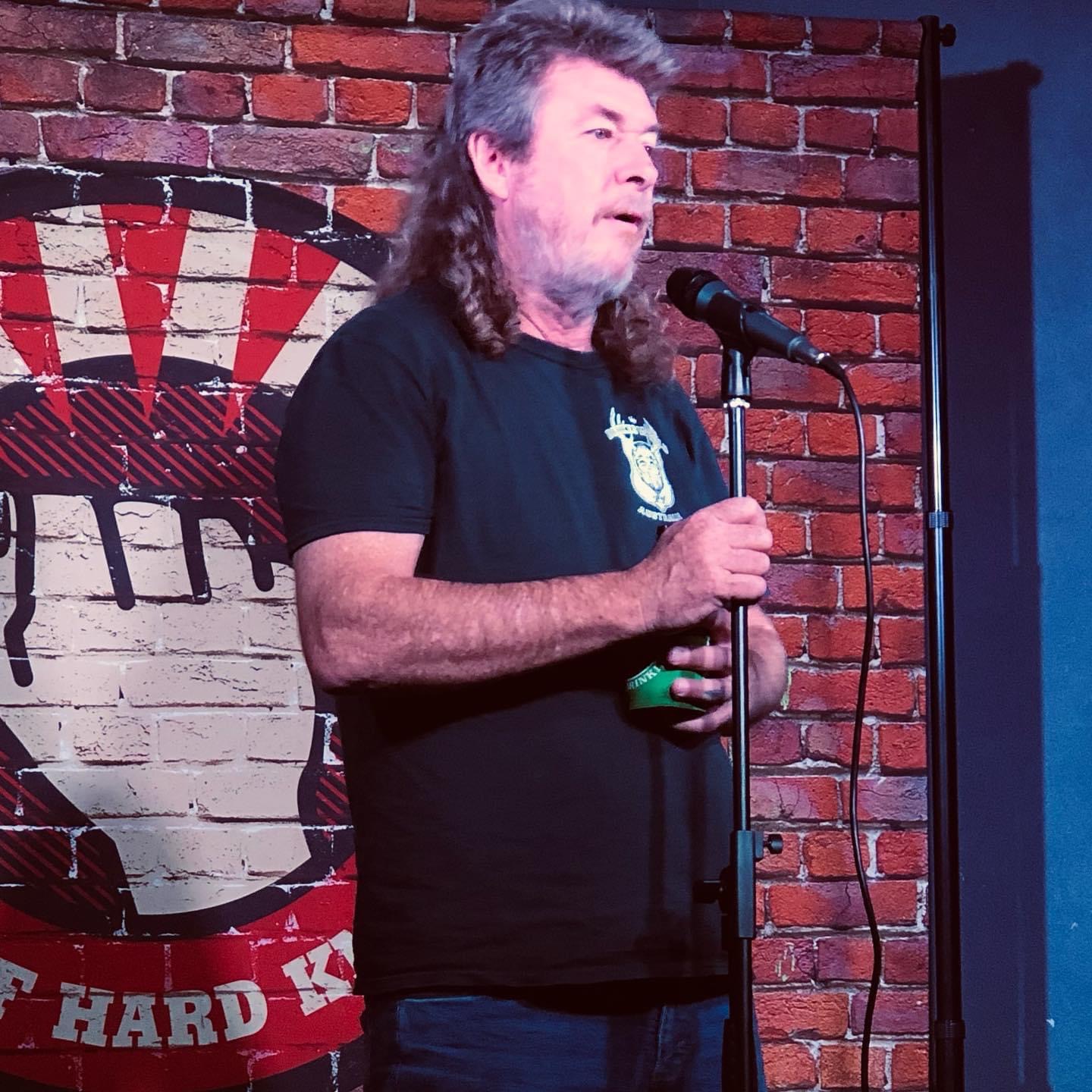
Chris Franklin coaching students.
“So, it’s perfect for niche markets, because it links to people who like comedy – and people who like comedy probably have a higher chance of wanting to try comedy themselves.”
2. Hijack the rule of seven
In marketing, the “rule of seven” states that people have to see you seven times, on average, before they’ll take the plunge to purchase.
“Obviously it’s an oversimplification, but there is a certain truth to it,” Morry says. “So, if you can hijack that rule of seven and get other organisations, other partners, to produce some of those seven exposures, then it gets you to someone being a customer a lot faster.”
3. Be prepared to pivot
“Originally we didn’t plan on having a large focus on music in the pub,” Morry says, “but then we realised we had the opportunity, we had the market, and it was a no-brainer. We tried it and it worked.”
In other words, he says, “experiment, and ‘fail fast’”.
4. Invest in good marketing collateral
This is a must if you want to be taken seriously, according to Morry.
“I see a lot of people do the bare minimum, but overly simplified or incredibly ugly posters and banners don’t entice people and they make the event seem cheap,” he warns.
5. Offer freebies
“We’ve run many free two-hour stand-up courses using Eventbrite,” Morry says, “and we always get one or two people from that course signing up for the full course.”
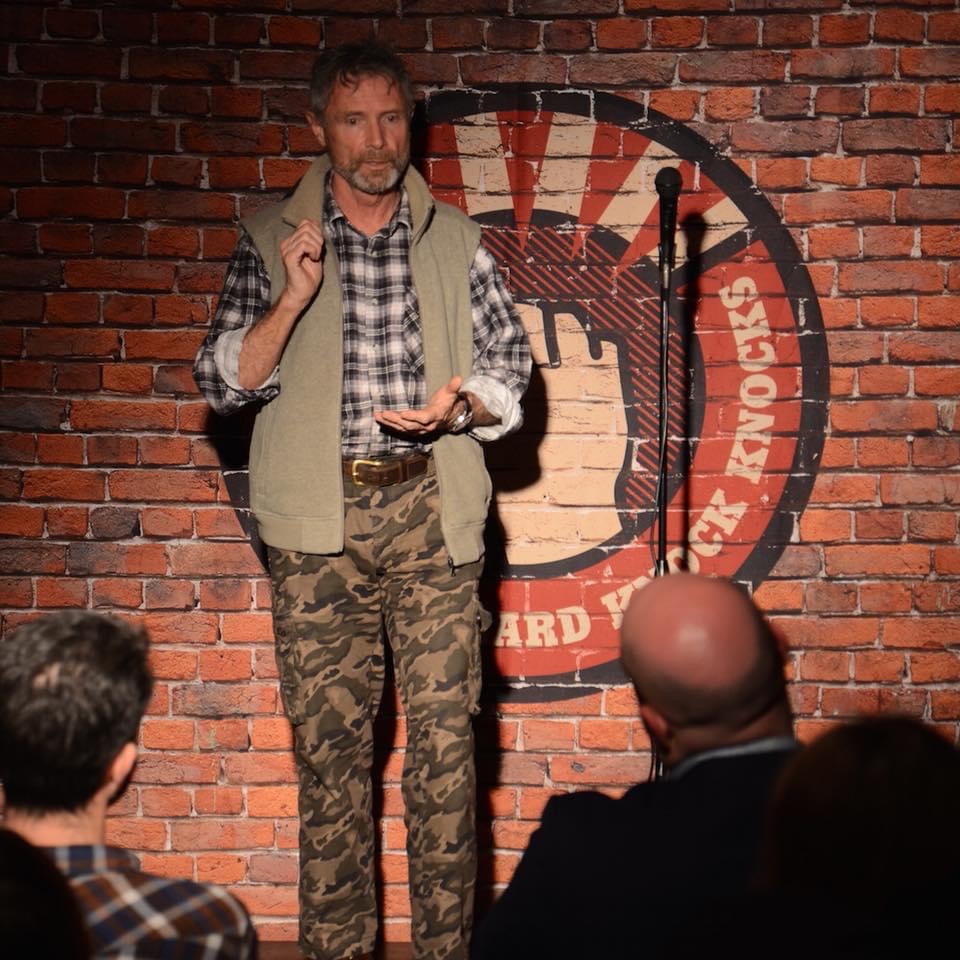
Glynn Nicholas coaching students.
Death-defying acts
All our experiences change us in some way – and the more intense the experience, the greater the potential transformation. With that in mind, one of Morry’s recent marketing masterstrokes was to produce a six-episode series called Is This Thing On?, which follows ten students as they progress through the Hard Knock Knocks course. In one episode, the students get taken out for a surprise skydiving session.
“The point of that was: Yeah, performing stand-up comedy is terrifying – it’s probably up there with skydiving, bungee-jumping, that kind of thing,” Morry says. “But people do those things, and they certainly come back as new people because they’ve conquered their fear.
“Stand-up comedy is a lot cheaper and probably a lot less dangerous – I mean, you can be embarrassed, but that’s the worst that could possibly happen. And, if you go to the Hard Knock Knocks Google business page, a lot of the comments say, to that effect: ‘This changed my life’.”
Interested in giving stand-up a shot? Follow Hard Knock Knocks School of Comedy on Eventbrite to be alerted when new courses are added. Feeling inspired by Morry’s story? Start planning your next event here.
